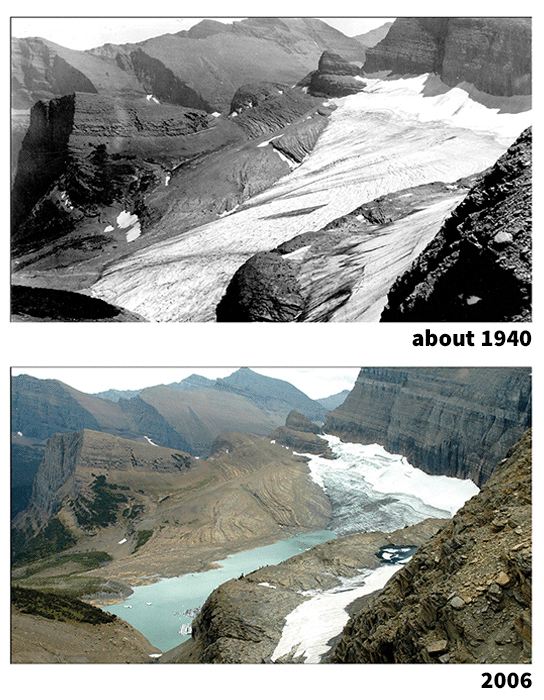Climate Change Panel Issues Strong Warning, Offers Some Hope
Monday, March 31st, 2014March 31, 2014
Climate change is seriously affecting every continent and all of the world’s oceans, a major report from the Intergovernmental Panel on Climate Change (IPCC) has concluded. The authors of the massive report, which was compiled by more than 300 scientists from 70 countries, stated that rising global temperatures are threatening the world’s food supplies, intensifying violent storms and droughts, pushing sea levels dangerously higher, and causing serious disruptions in land and ocean ecosystems. For the first time, the IPCC also warned that climate change poses a threat to human security by increasing the risk of violent conflict over natural resources and because of large-scale migrations by people fleeing difficult environmental conditions. However, the scientists also noted that because of a significant increase in the amount of climate change research, governments have a much better understanding about how they can protect their people and resources.
The IPCC is a United Nations committee that periodically provides reports to world governments regarding the impact of human activities on global warming. The report is the second in a three-part series. The first report in the series, published in September 2013, concluded that scientists are 95 percent certain that humans are the “dominant cause” of global warming. The third report, which will focus on steps governments can take to reduce the effects of climate change, is due in April.
The report identified eight key risks from climate change.
- Rising sea levels, storm surges, and flooding will claim increasing numbers of human victims and cause increasing damage to property and livelihoods in coastal areas and on small islands.
- Inland flooding will cause severe health problems and economic problems in some large cities.
- Extreme weather events will damage roads, bridges, and other infrastructure networks and interfere with governments’ ability to provide electric power, water supplies, and emergency and health services.
- More people living in cities will die in heat waves, especially the elderly and the young and people working outdoors.
- More people will go hungry as warming, drought, flooding, and heavy rains reduce harvests, lead to higher food prices, and interfere with the distribution of food. Poor countries, which generally have contributed the least to global warming, will suffer more than richer high-polluting countries. Also, the poor in richer countries will also bear a heavier burden than their wealthier countrymen.
- People in many rural areas will suffer because they will have less water for drinking and irrigation.
- A loss of ocean species will hurt fishing communities.
- Farmers and livestock producers–and the consumers who depend on them–will suffer as water becomes less plentiful.

Grinnell Glacier in Glacier National Park, Montana, has retreated because of global warming. In the photo taken around 1940 (top) Upper Grinnell Lake had only begun to form at the glacier’s end. By 2006, bottom, melting ice had caused the lake to swell in size. (Glacier National Park Archives, top, U.S. Geological Survey, photograph by Karen Holtzer, bottom)
The report urged governments to take immediate and ambitious steps to reduce greenhouse gas emissions. “We live in an era of manmade climate change,” said Vicente Barros, a meteorologist from Argentina who chaired the report. “In many cases, we are not prepared for the climate-related risks that we already face. Investments in better preparation can pay dividends both for the present and for the future.” American climate researcher Chris Field, a lead author of the report, noted, “Climate change adaptation is not an exotic agenda that has never been tried. Governments, firms, and communities around the world are building experience with adaptation. This
experience forms a starting point for bolder, more ambitious adaptations that will be important as climate and society continue to change.”
Additional World Book articles:
- The Great Meltdown (a special report)
- Methane (a special report)
- Meltdown: Climate Change in the Arctic (a special report)
- Probing the History of Climate Change (a special report)
- What We Know About Climate Change (a special report)


